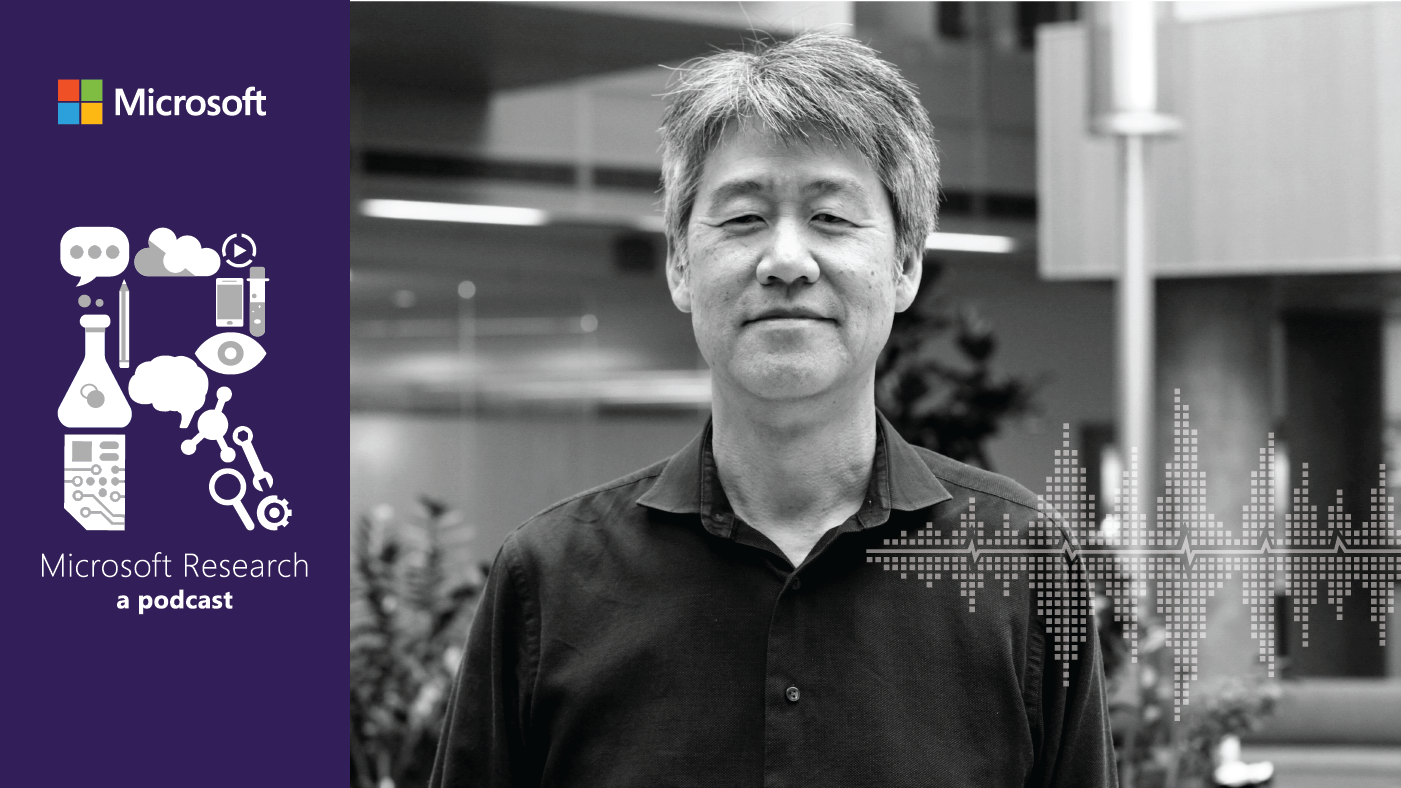 (opens in new tab)On February 9, 2012, Russian astronomers of all levels—professional, amateur, student, and teacher—congregated at Moscow’s Sternberg Astronomical Institute for WorldWide Telescope Day. Russia’s foremost astronomy institution, the Sternberg Astronomical Institute (opens in new tab), also known as GAISH, represents the top echelons of the country’s astronomical research and science education community. GAISH scientists are involved in both fundamental and applied research and also participate in astronomy education as members of the physics faculty of Moscow State University (opens in new tab) (MSU).
(opens in new tab)On February 9, 2012, Russian astronomers of all levels—professional, amateur, student, and teacher—congregated at Moscow’s Sternberg Astronomical Institute for WorldWide Telescope Day. Russia’s foremost astronomy institution, the Sternberg Astronomical Institute (opens in new tab), also known as GAISH, represents the top echelons of the country’s astronomical research and science education community. GAISH scientists are involved in both fundamental and applied research and also participate in astronomy education as members of the physics faculty of Moscow State University (opens in new tab) (MSU).
The event, a joint effort of Microsoft Research Connections (opens in new tab), GAISH, and MSU, featured lectures and practical training devoted to Microsoft Research WorldWide Telescope (opens in new tab) (WWT). The lectures covered a wide range of topics, beginning with the welcome address by A.M. Cherepashuk, the head of GAISH and one of the foremost astronomers in the Russian Academy of Sciences. Academician Cherepashuk spoke about trends in astronomical research, and his presence underscored the event’s importance in the astronomy community. Other guest speakers from GAISH discussed the role of information technology in modern astronomy research.
 (opens in new tab)I delivered a lecture that introduced the audience to the basic functions and mission of WWT. Subsequent presenters provided examples of WWT use in research and education, and reported on the latest WWT-related developments, such as Microsoft Research Layerscape (opens in new tab). One especially crowd-pleasing training session demonstrated the power of WWT as it took the audience on a trip to some of the cosmos’ most beautiful nebulas. During a session on WWT tours, attendees donned glasses to view a panoramic 3-D tour of Mars. The audience members were treated to demos and also had the opportunity to create their own WWT tours.
(opens in new tab)I delivered a lecture that introduced the audience to the basic functions and mission of WWT. Subsequent presenters provided examples of WWT use in research and education, and reported on the latest WWT-related developments, such as Microsoft Research Layerscape (opens in new tab). One especially crowd-pleasing training session demonstrated the power of WWT as it took the audience on a trip to some of the cosmos’ most beautiful nebulas. During a session on WWT tours, attendees donned glasses to view a panoramic 3-D tour of Mars. The audience members were treated to demos and also had the opportunity to create their own WWT tours.
Microsoft Research Connections EMEA staff in Russia was responsible for the overall coordination of the event. Attendees came away enthused by the potential uses of WWT for both teaching and research. We’re looking forward to the next exciting WWT event!
—Yan Xu (opens in new tab), Senior Research Program Manager, Microsoft Research Connections
Microsoft Research Podcast
Learn More

